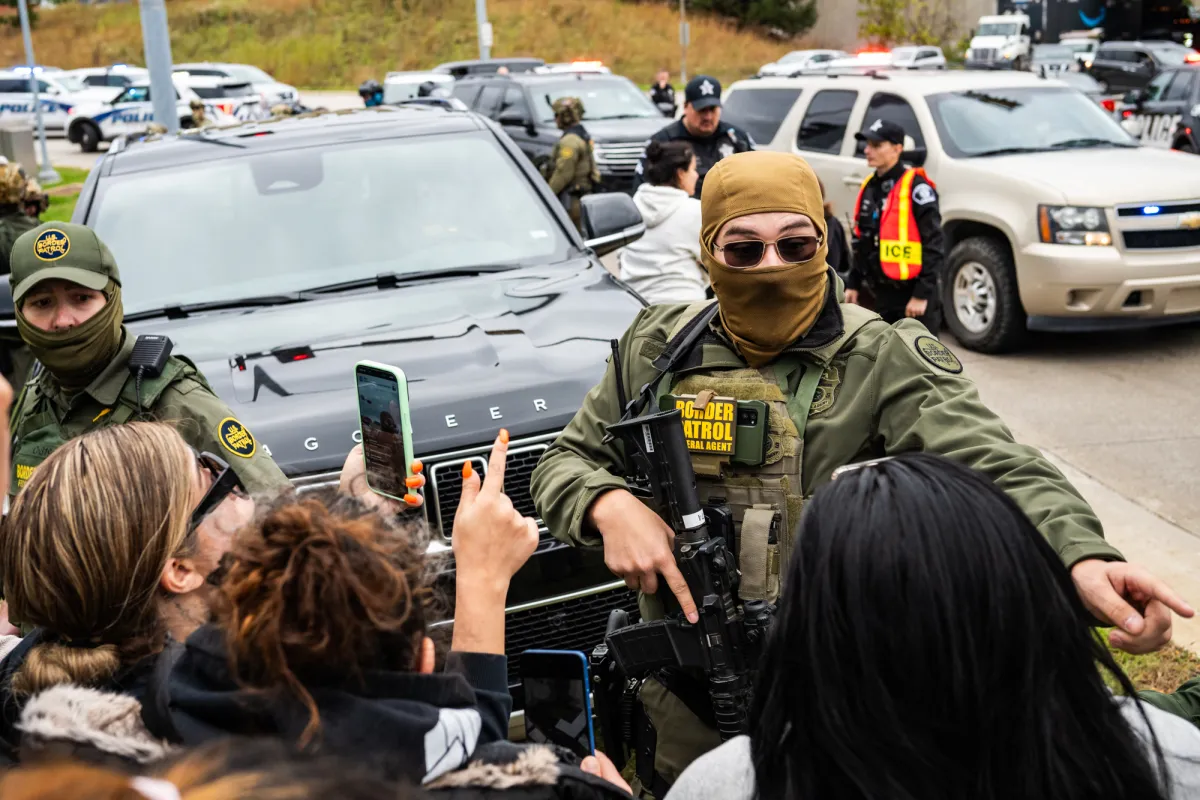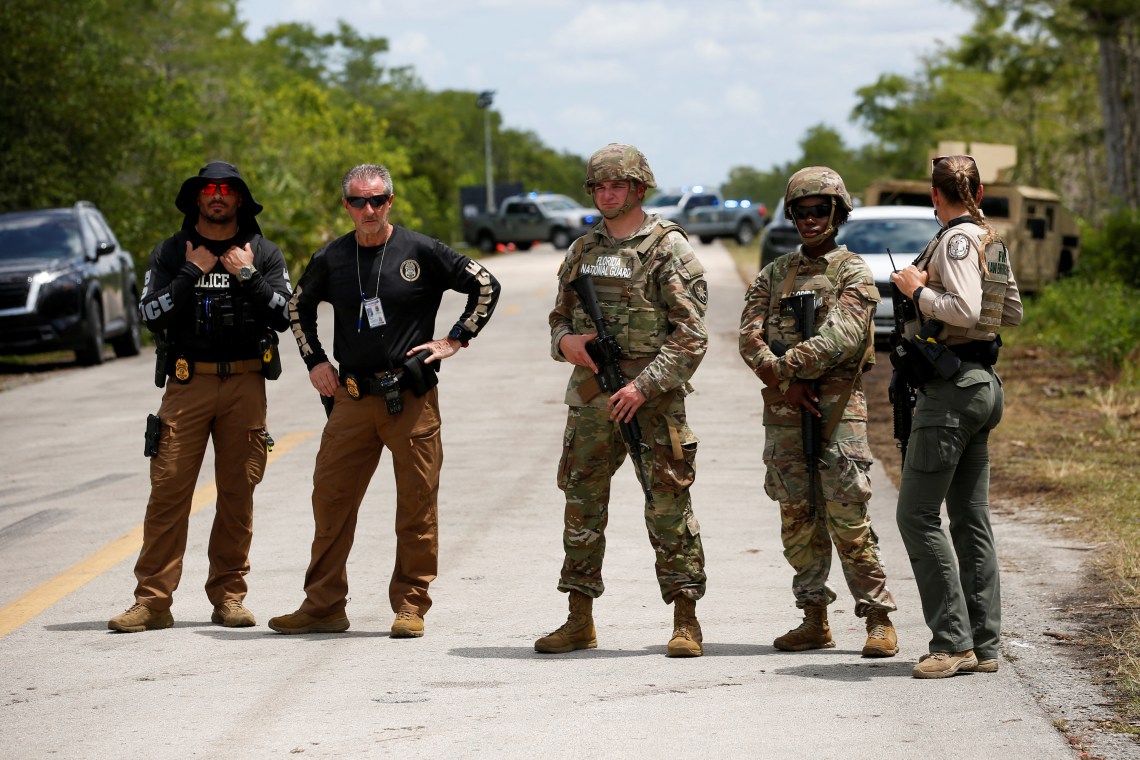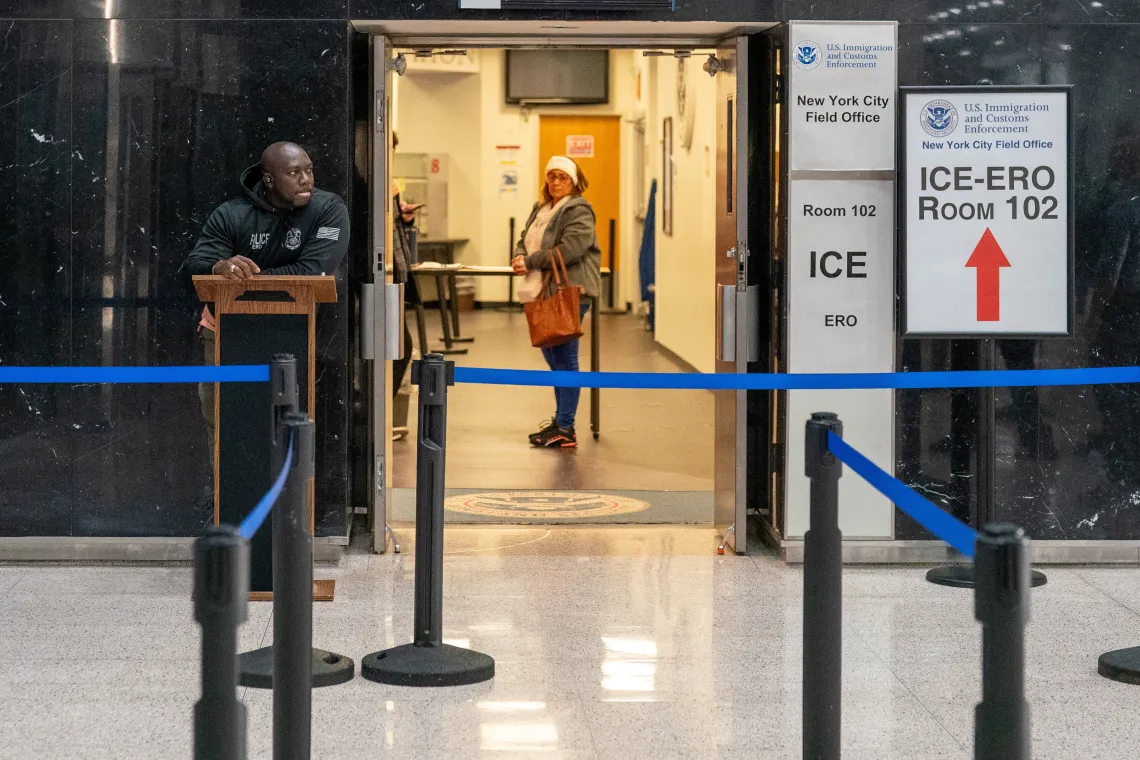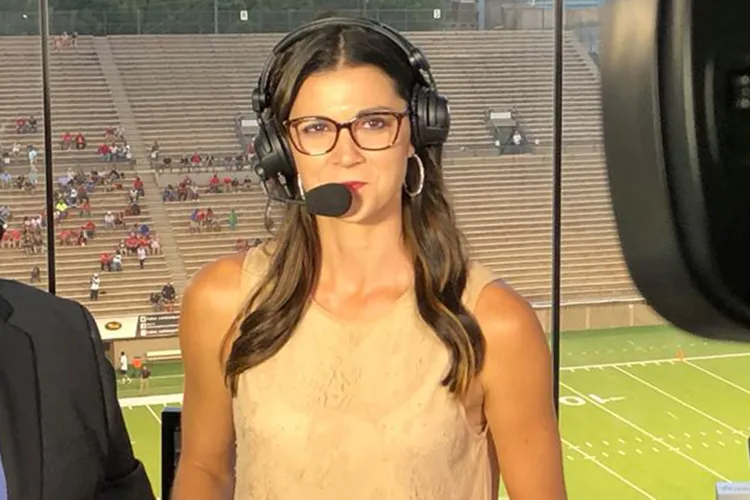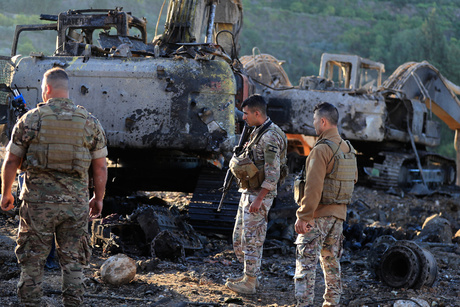
Warning from Lebanese Journalist on Israel’s Near-Term Plans
October 24, 2025
Relentless Targeting of Tamil Photojournalist in Sri Lanka
October 24, 2025October 24, 2025 – USA –
Federal officials from the Department of Homeland Security (DHS) launched a public reprimand of Chicago Tribune reporter Gregory Royal Pratt after he posted on X that agents from Immigration and Customs Enforcement (ICE) were operating on 26th Street in Chicago’s Little Village neighborhood. DHS Assistant Secretary for Public Affairs Tricia McLaughlin reposted the message and asked, “Why is a Chicago Tribune reporter telegraphing the location of federal law enforcement?”
The episode quickly ignited criticism from press freedom advocates and journalism organizations, who argued the government’s framing risks suppressing legitimate newsgathering and sending a chilling message to reporters covering enforcement operations. The rallying cry “Journalism is not a crime” spread across media outlets and social-media discussions. Pratt’s initial post, according to sources, was intended to inform the public about active federal enforcement in a community with a high immigrant presence. Within hours, DHS elevated what had been a routine snapshot into a matter of national press-freedom concern.
The clash comes amid broader tension between reporters and federal enforcement agencies in the Chicago area, where journalists covering protests and immigration operations say they have faced aggressive tactics, including the use of less-lethal munitions. Media-rights groups say the DHS comment threatens to blur the line between newsgathering and interfering with operations, potentially exposing journalists to retaliatory actions or legal jeopardy for doing their jobs.
Responding to the backlash, several Chicago-based journalism unions and independent media organizations noted the case as symptomatic of escalating hostility toward the press. They warned that reporters who document federal activity—especially involving immigration enforcement—should not be treated as adversaries or criminal collaborators. The incident highlights deeper questions about the oversight of federal law enforcement tactics, transparency, and the rights of journalists to observe and report on state power without fear.
Reference –
Feds Accuse Tribune Reporter Of Interference, Sparking Backlash: ‘Journalism Is Not A Crime’

